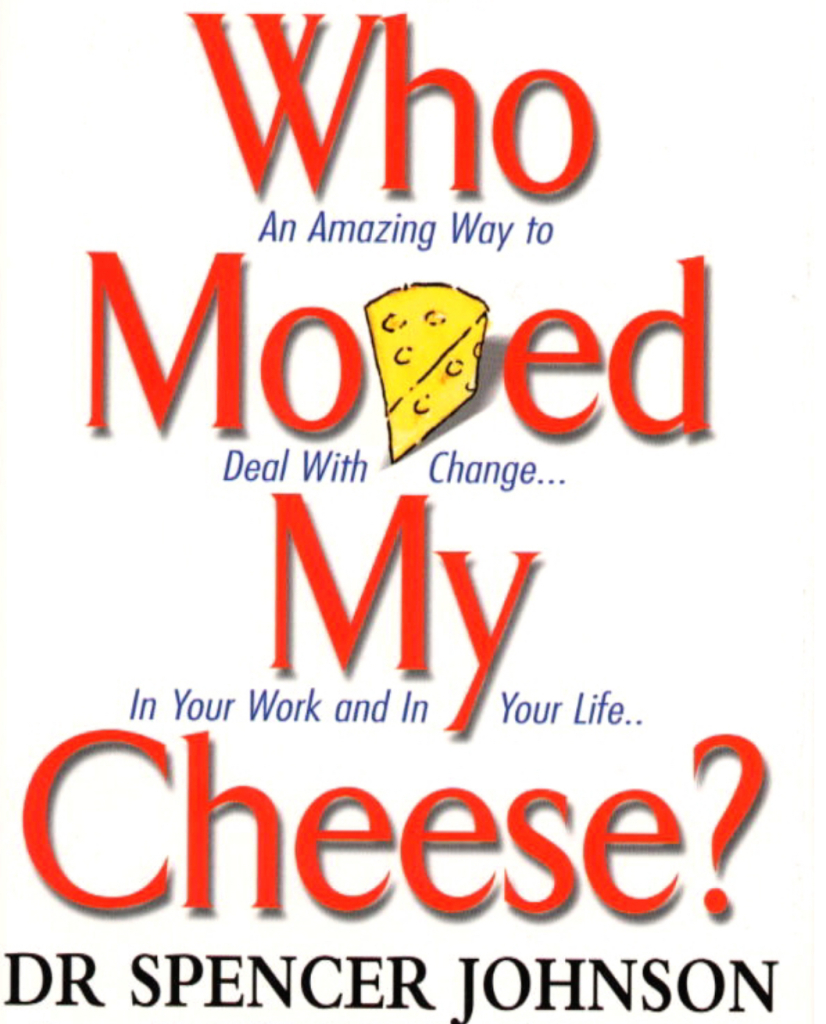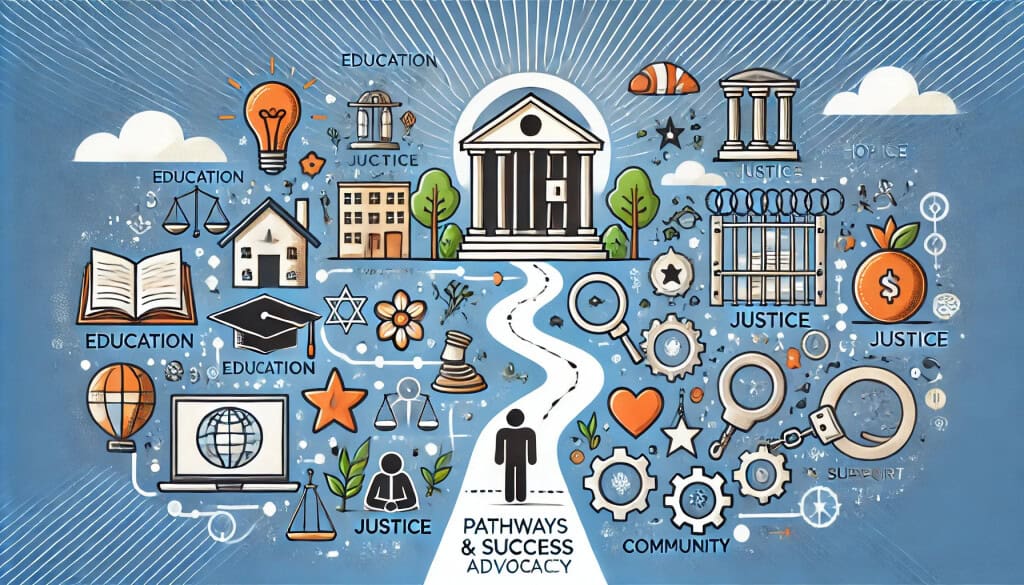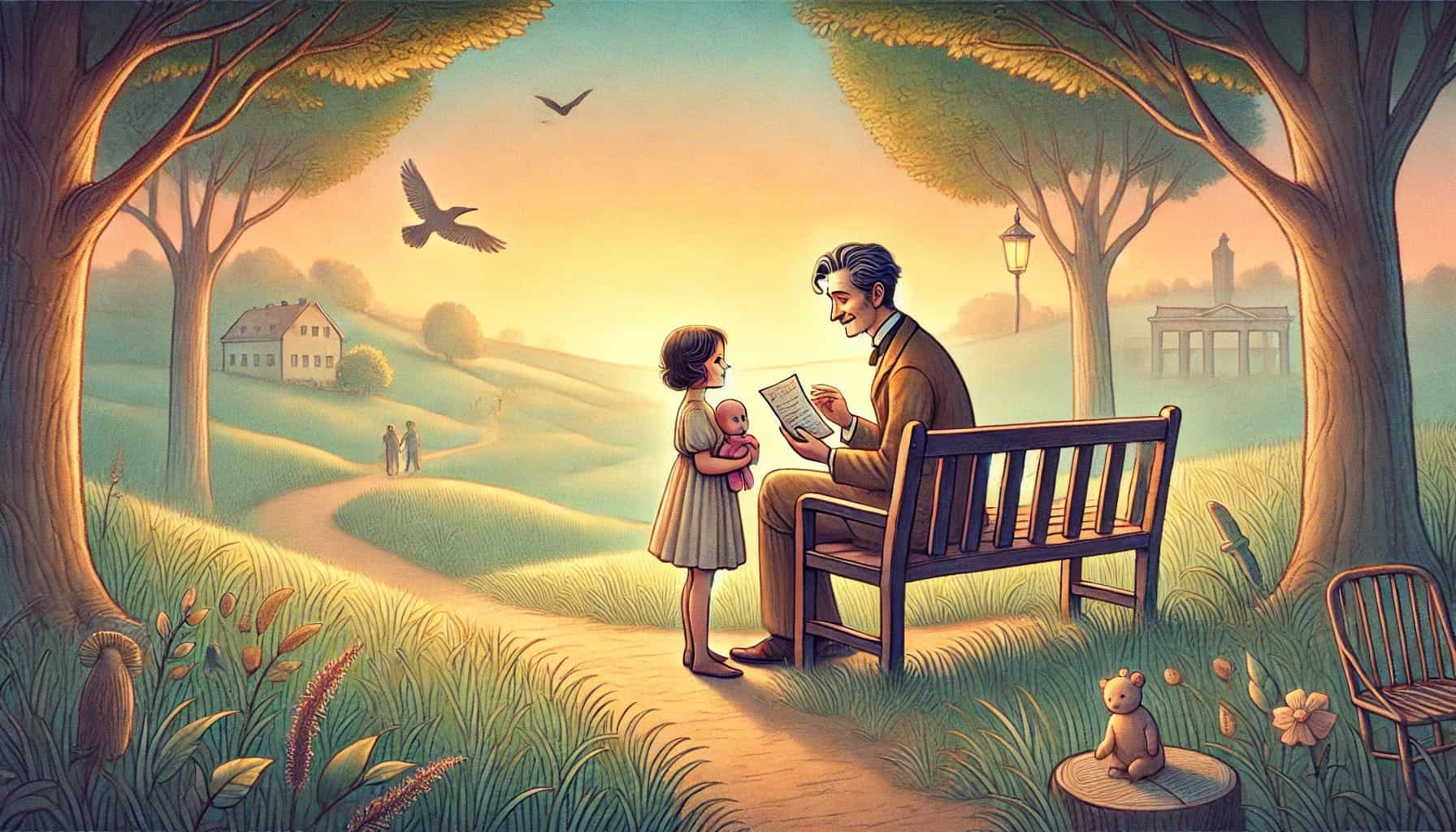Life can be unpredictable and, at times, painful—especially for families separated by incarceration. But even in difficult moments, profound lessons of hope and transformation can be found, such as the touching story of famed writer Franz Kafka and a little girl’s lost doll.
Kafka and the Doll: A Tale of Compassion and Hope
In the autumn of 1923, the renowned author Franz Kafka, known for his deep and often unsettling stories, encountered a young girl in a Berlin park. She was crying inconsolably, having lost her favorite doll. Moved by her sadness, Kafka helped her search for the doll, but to no avail.
Not wanting the child to leave brokenhearted, Kafka promised they’d return the next day to continue looking. When they still could not find the doll, Kafka presented the girl with a letter, supposedly written by her beloved doll. The note read: “Please don’t cry. I took a trip to see the world. I will write to you about my adventures.”
Over the following weeks, Kafka continued to meet the girl, reading her imaginative letters filled with stories of the doll’s exciting travels and experiences. Eventually, Kafka bought a new doll and gave it to the girl upon “the doll’s” return to Berlin. Initially, she hesitated, noting it wasn’t her doll. But Kafka quickly handed her another letter that explained, “My travels have changed me.” Satisfied, the girl embraced her new doll.
Years later, long after Kafka’s passing, the girl—now an adult—discovered one final, hidden letter inside the doll. Signed by Kafka himself, it carried this timeless message: “Everything you love will probably be lost, but in the end, love will return in another way.”
Lessons for Families Separated by Incarceration
Kafka’s compassionate actions and his profound message resonate deeply with families experiencing the pain and separation caused by incarceration. Just as the little girl struggled with the loss of her cherished doll, families struggle with the temporary absence of their loved ones.
Yet, Kafka’s story teaches that change, while painful, is also transformative and necessary for growth. Here are key lessons families can take to heart:
1. Embrace the Power of Connection Through Letters:
Kafka demonstrated the transformative power of letters. For incarcerated individuals and their families, exchanging letters can bridge the gap of separation, sustain emotional bonds, and offer hope and comfort during difficult times.
2. Find Hope in Storytelling:
Kafka created stories that comforted and uplifted the young girl, helping her cope with her loss. Similarly, families can share stories that highlight growth, positivity, and hope, turning challenging circumstances into opportunities for personal and collective growth.
3. Accept and Embrace Change:
The doll’s message—“My travels have changed me”—is especially powerful for families of the incarcerated. Both individuals in prison and their families change over time, influenced by their experiences. Embracing these changes, rather than resisting them, can lead to greater understanding and emotional resilience.
4. Recognize That Love Returns in Different Ways:
The profound insight Kafka shared—“Everything you love will probably be lost, but in the end, love will return in another way”—encourages families to remain open-hearted. Love may transform or return differently than before, but it always finds its way back into our lives.
Creating Your Own Journey
Families impacted by incarceration can consciously and intentionally create meaningful connections, even amid separation. Here are practical steps inspired by Kafka’s story:
• Write Regularly: Encourage consistent, heartfelt correspondence, sharing experiences, dreams, and growth.
• Share Positive Stories: Use letters, phone calls, or visits to exchange uplifting stories that nurture hope and connection.
• Be Open to Change: Recognize and accept that both you and your loved ones will grow and transform through this journey.
• Hold onto Love: Keep faith in the enduring power of love, knowing it may reappear in unexpected, transformative ways.
Final Thoughts
Kafka’s gentle kindness and profound wisdom remind us that hope and connection persist even through the pain of separation. Families facing incarceration can find solace and strength by embracing change, storytelling, and meaningful communication. Love, in its many forms, will always return and transform our lives for the better.
Recommended Reading: “Who Moved My Cheese?” by Spencer Johnson

For anyone dealing with significant change—especially families navigating the emotional complexities of incarceration—the short and powerful parable Who Moved My Cheese? provides invaluable lessons about adapting and thriving through life’s uncertainties.
The book follows four characters on a search for happiness and success, represented by cheese. When their cheese suddenly disappears, each character reacts differently, illustrating powerful insights into how we respond to unexpected life changes. It’s a perfect companion to our featured Kafka story, highlighting a key message: Life inevitably involves change, but how we respond determines our growth and happiness.
Easy to read yet profoundly impactful, this story offers encouragement, wisdom, and strategies for prisoners and their loved ones, helping them to embrace new paths and find hope even amid challenging circumstances.
Whether you’re behind bars or supporting someone who is, Spencer Johnson’s timeless classic can help transform uncertainty into opportunity—guiding you toward a stronger, more resilient family bond.
About Pathways to Success and Georgia Prisoners Speak (GPS)

At Georgia Prisoners Speak (GPS), we believe that education is one of the most powerful tools for breaking cycles of incarceration and building a better future. That’s why we created the Pathways to Success program—a dedicated initiative providing educational resources, skill-building guides, and financial literacy tools tailored specifically for prisoners and their families.
GPS is a prison reform advocacy platform focused on exposing systemic injustices, pushing for policy change, and empowering incarcerated individuals with the knowledge they need to successfully re-enter society. Our educational articles are part of this mission, ensuring that those impacted by incarceration have access to practical guidance that can help them build stability, opportunity, and financial independence.
To explore more resources, visit Pathways to Success.
Also https://gps.press/pathways-to-success-reading-your-way-to-freedom/

